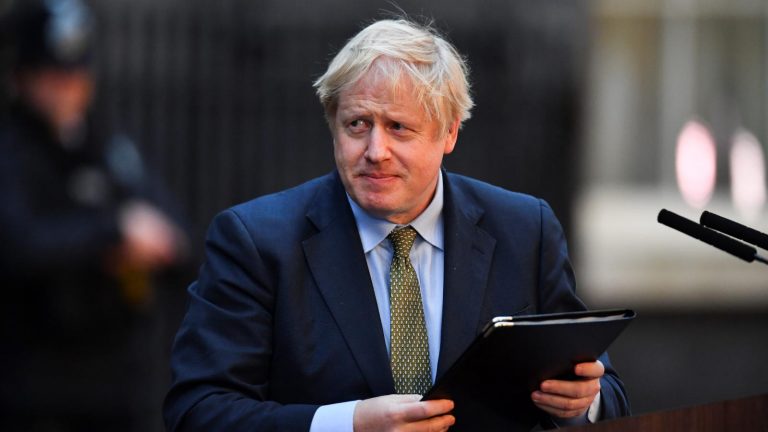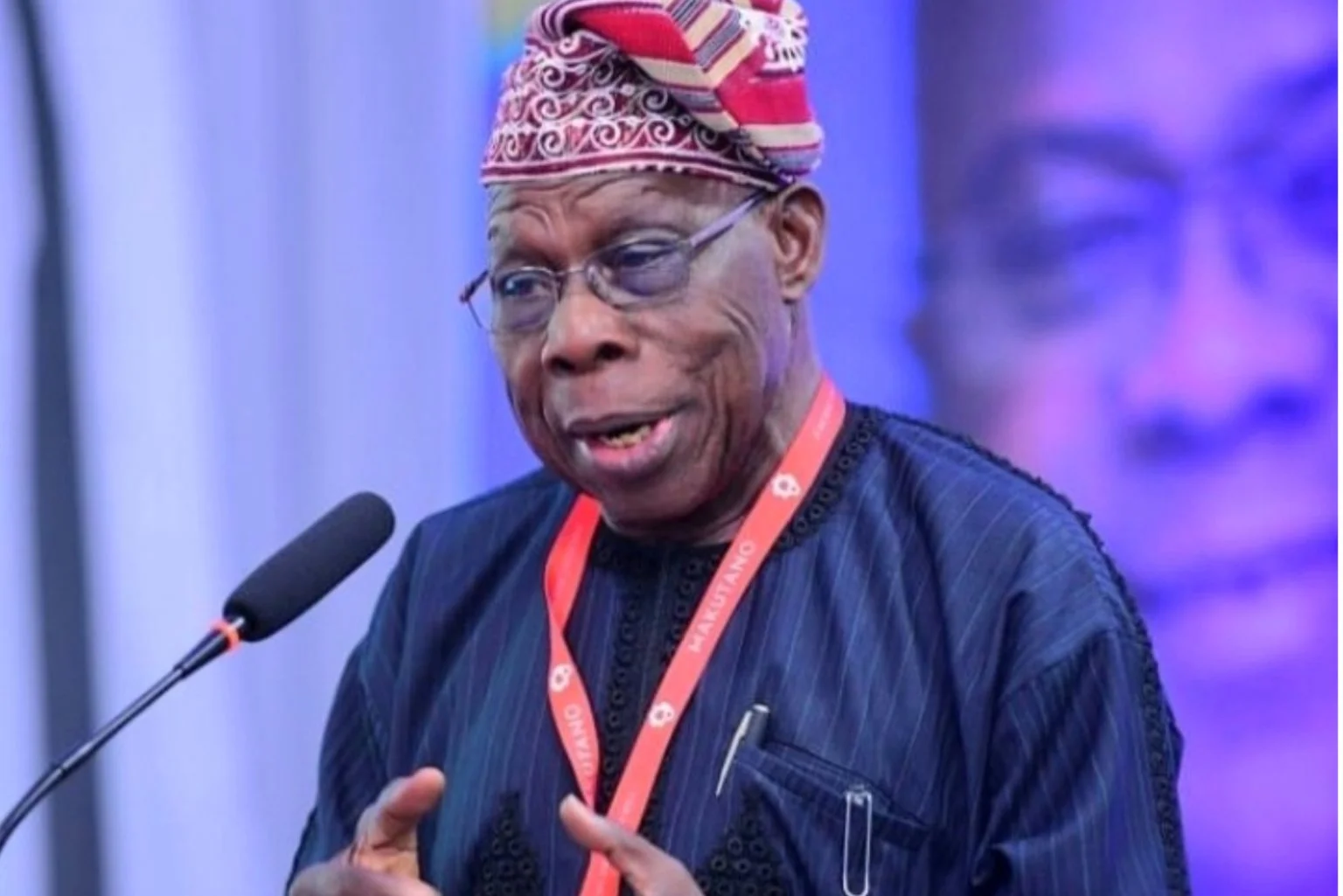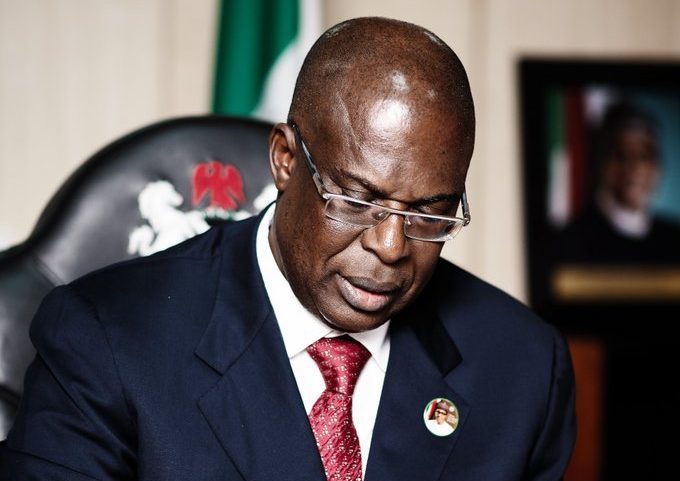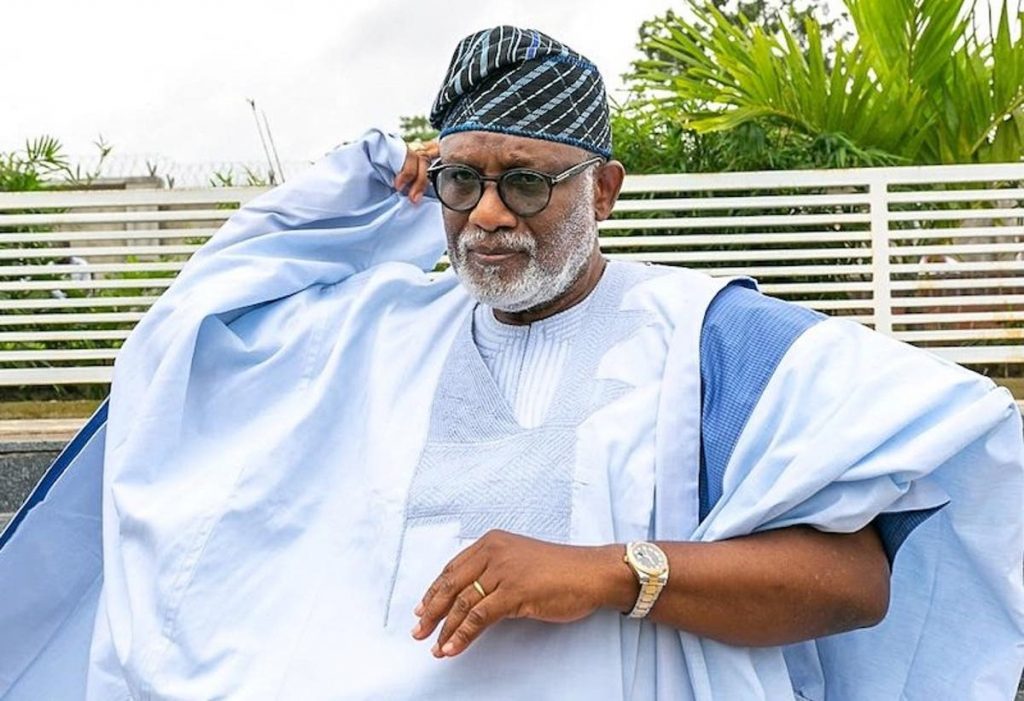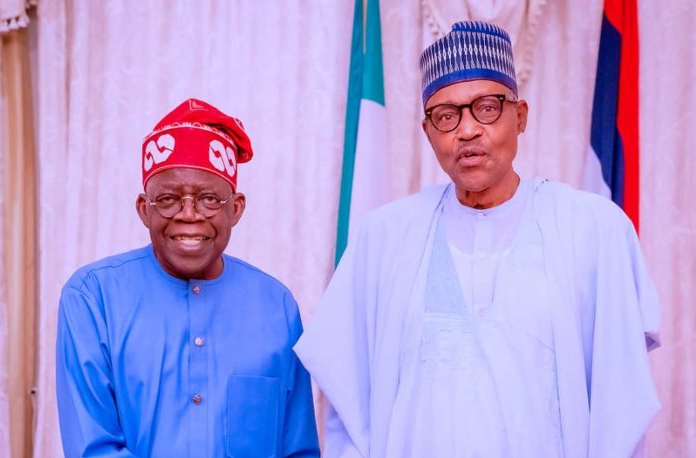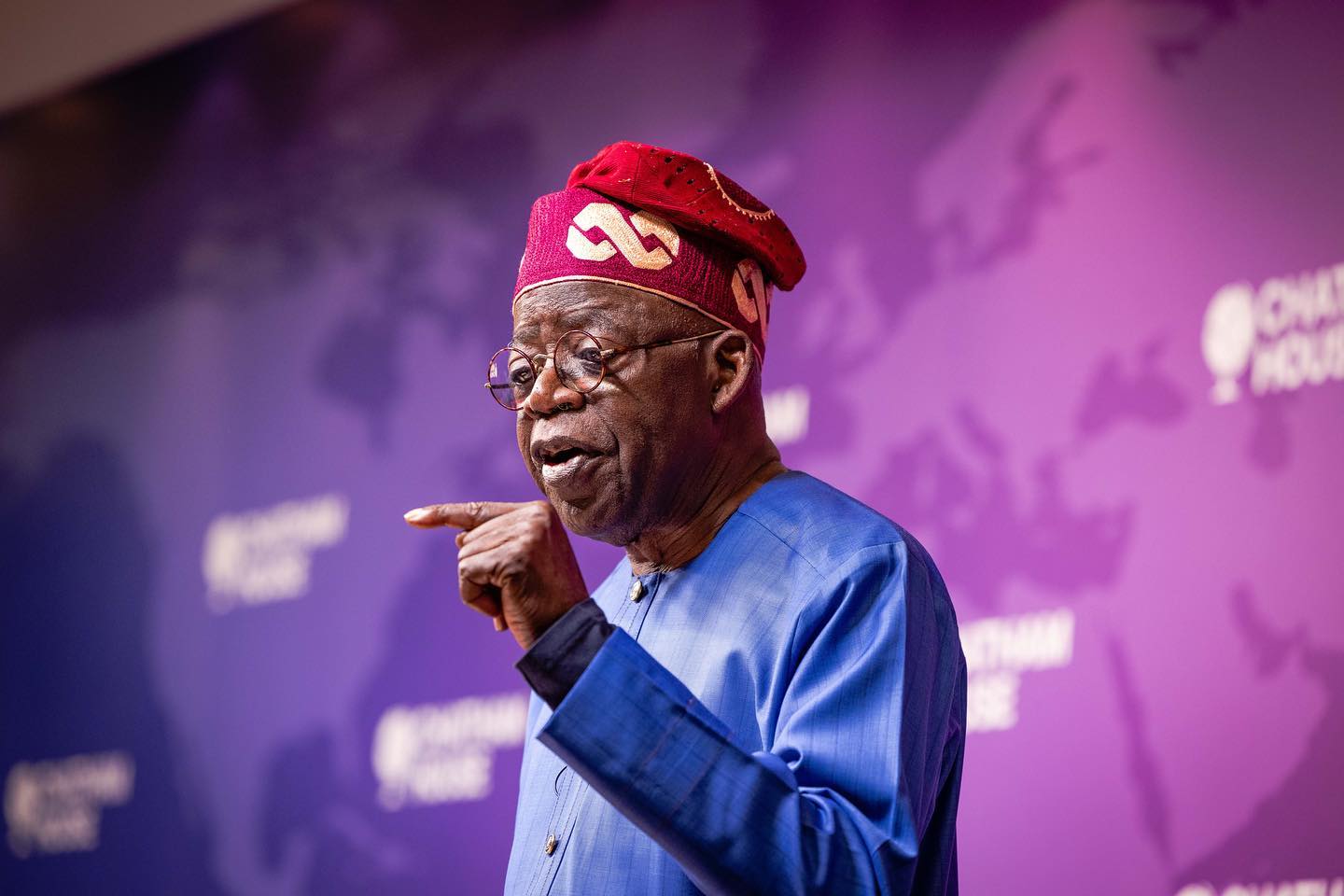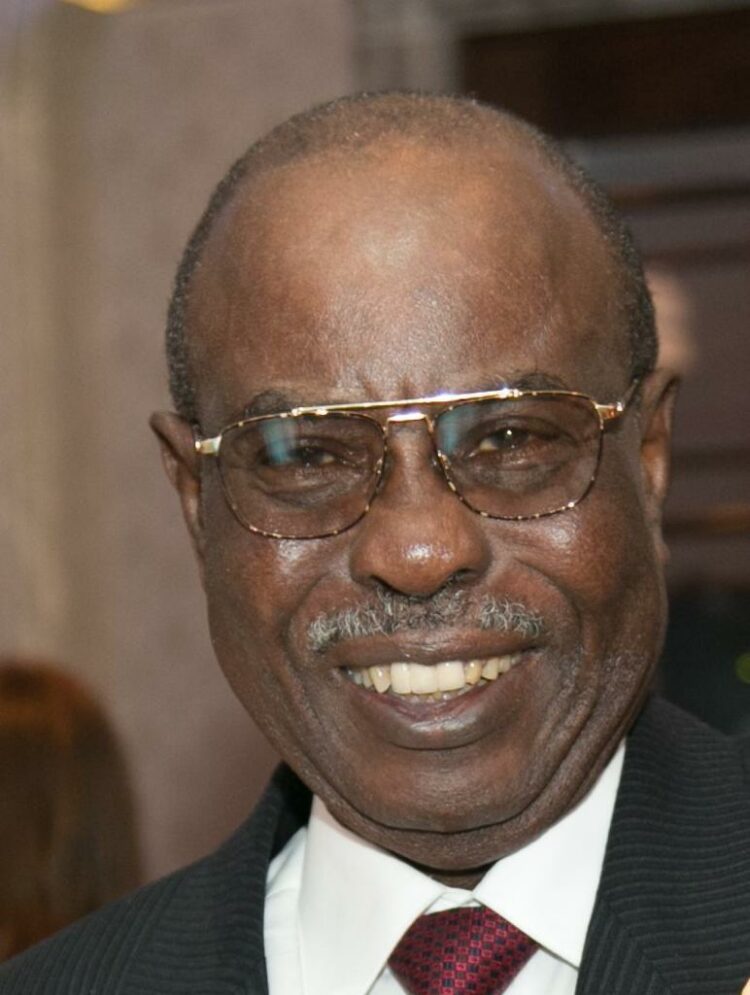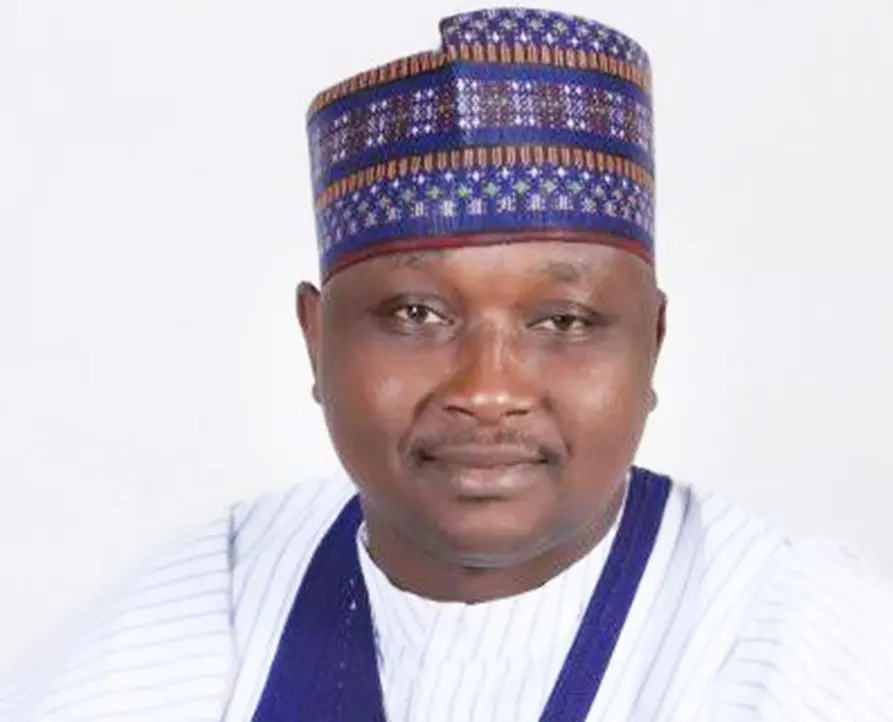Johnson and his government have repeatedly said they will not give the go ahead for another referendum on Scottish independence, but Sturgeon said after the Scottish National Party won 48 of Scotland’s 59 seats in the UK parliament, her party had been given a mandate for one.
“If he thinks … saying no is the end of the matter then he is going to find himself completely and utterly wrong,” Sturgeon told the BBC’s Andrew Marr Show.
“You cannot hold Scotland in the union against its will … If the United Kingdom is to continue it can only be by consent. And if Boris Johnson is confident in the case for the union then he should be confident enough to make that case and allow people to decide.”
Meanwhile, Britain’s main opposition leader Jeremy Corbyn apologised yesterday for waging a disastrous campaign that handed Johnson a mandate to take the UK out of the European Union next month.
But the veteran socialist defended his far-left platform and blamed the media for helping relegate his century-old party to its worst performance since before World War II. “I will make no bones about it. The election result on Thursday was a body blow for everyone who so desperately needs real change in our country,” Corbyn wrote in the Sunday Mirror newspaper.
“I wanted to unite the country that I love but I’m sorry that we came up short and I take my responsibility for it.” Thursday’s snap general election turned into a re-run of the 2016 EU membership referendum in which Johnson championed the Brexit cause.
Johnson now commands an 80-vote majority in the 650-seat House of Commons, a margin last enjoyed by the late Tory icon Margaret Thatcher in the 1980s. A sombre but combative Corbyn said Friday that he will step aside once Labour completes a period of “reflection” about its mistakes.
The party is expected to have a new leader in place before England votes yet again in local polls in May. Yet the 70-year-old has no clear successor after a year of infighting between a protectionist old guard backed by the unions and more metropolitan members with pro-European views.

